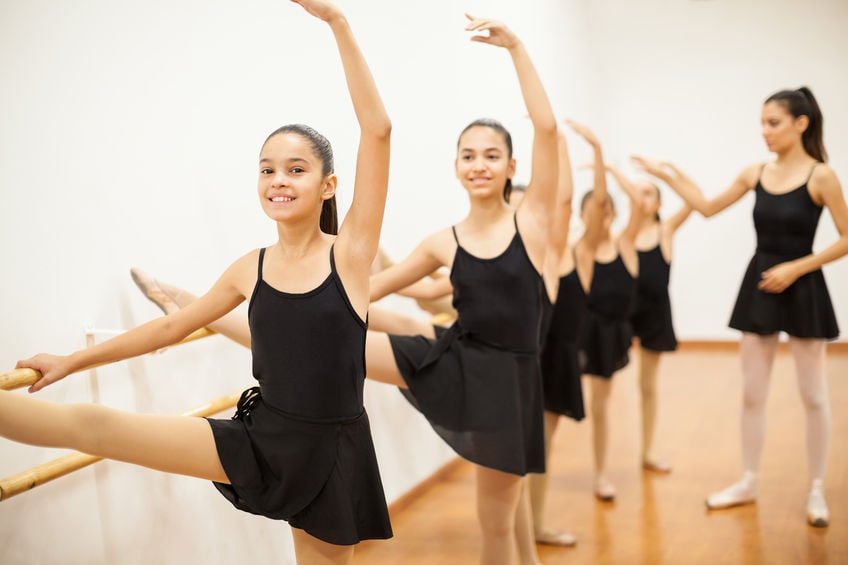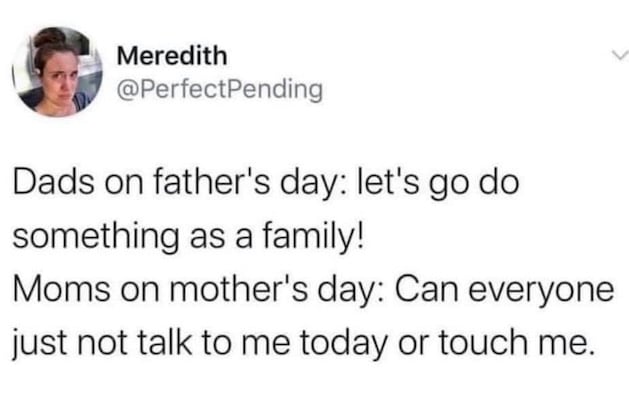Get the Best Family Activities
Just because they’re in different groups doesn’t mean siblings can’t enjoy camp together, though. Many camps allow campers to mingle during lunch or, like Camps ‘R’ Us, during an open period. And, interestingly, having siblings in separate groups can lead to more shared experiences and bonding outside of camp. “When they go home at the end of the day they can talk about camp together, share their experience, and have a unique perspective,” Turnier says.
This Little Sibling Stayed Home
A summertime extension of Manhattan-based 92Y, Camp Yomi and Camp Yomi Senior take place on a 50-acre campground in Rockland County. Yomi offers day camp activities for kids entering kindergarten through fourth grade while Yomi Senior serves children entering fifth and sixth grades. Older campers can also enjoy a five-day sleepaway experience at the end of the summer. (The programs have pickup locations throughout Manhattan as well as in Riverdale and Rockland County.)
Sending older siblings off to camp can be especially challenging for tots who are too young to attend their own summer programs. Lauren Wexler, director of Camp Yomi and Camp Yomi Senior, says her heart aches for toddlers who can’t accompany their big brother or sister to camp. “When parents are dropping off older kids,” Wexler says, “the younger siblings just don’t understand why they are being left out.”
If you’ve got little ones who are too young to attend camp with their older siblings, there are ways to help them feel included. Many camps—both sleep-away and day camps—have family visit days or other opportunities where family members can come to camp and get a taste of their camper’s daily schedule. Yomi offers parent visiting days, which offer the family the chance to meet their children’s camp friends and counselor, as well as try out activities, during which younger siblings may participate in age-appropriate crafts and games. Wexler says these activities are a win-win. “Not only do younger kids get the chance to experience what their older siblings do each day at camp,” she says, “but they get really excited for their chance to attend when they’re old enough.”
Wexler also encourages parents to make time to have campers share their daily experiences with the family. “Whether it’s just talking about it at dinner, or teaching the family something they learned that day, having campers share really helps little ones feel included, and makes things more positive for them.”
A Group Decision
Navigating the tangled web that is planning camp can be a daunting task, especially when you’ve got to do it for several campers. But remember that you’re not alone. From getting kids to several different camps, to deciding whether to split up campers into different groups, experts agree that your ultimate weapons are preparedness and open lines of communication—with your kids and with the camp.
Remember that one of your best resources for choosing summer camp programs is your kids themselves. Have them sift through our camp guide and highlight a few programs that are interesting to them.
“Open conversations can go a long way,” Wexler says. “Parents know their kids the best and are in a unique position to figure out what each child wants beforehand and communicate that to the camp.”
Looking for more information on planning camp? Check out these other great articles from NYMetroParents:
Touring Camps This Summer Can Help You Pick Camp For Your Kid Next Year
Solving The Case Of What's Wrong At Camp
Month-By-Month Timeline To Get Ready For Summer Camp
10 Things Camp Counselors Wish Parents Didn't Do





.jpg)



